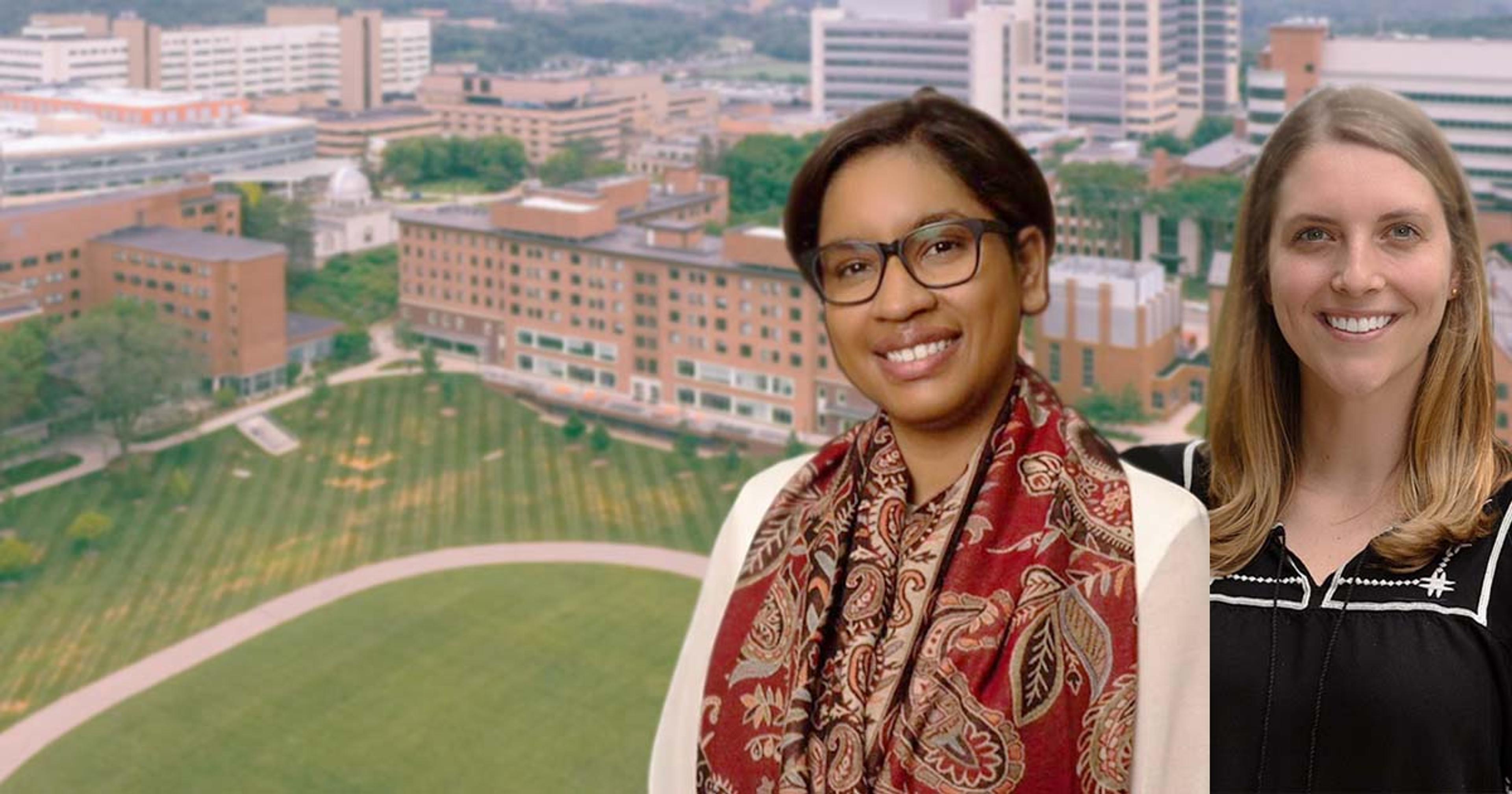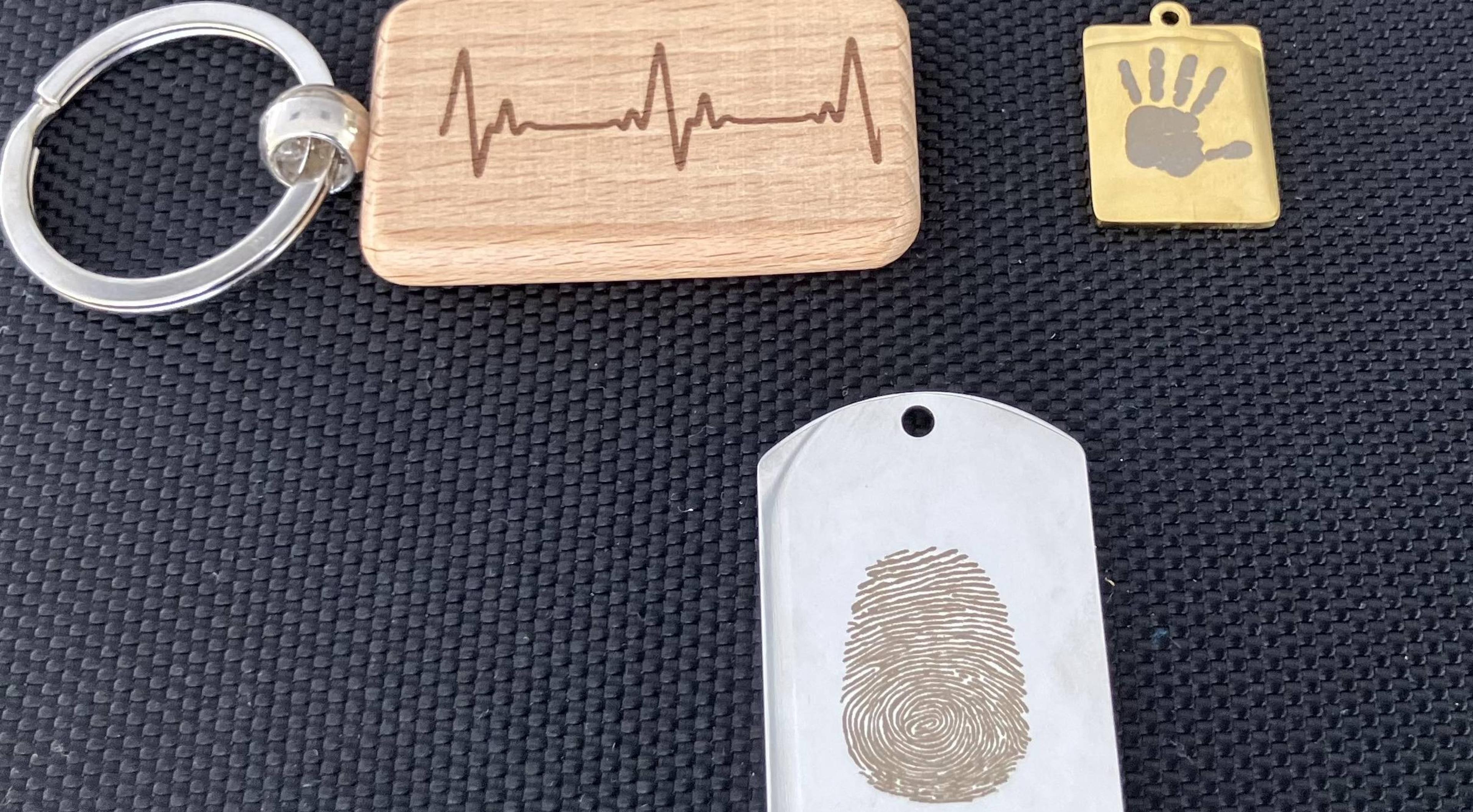New University of Michigan Project Addresses Diabetes in Black Men With BCBSM Foundation Grant Funding

Jake Newby
| 6 min read
Jake Newby is a brand journalist for Blue Cross Blue Shield of Michigan.

Diabetes is the seventh leading cause of death in both the United States and Michigan and the sixth leading cause of death in Detroit. This statistic hit home for University of Michigan (U of M) Associate Professor Jaclynn Hawkins, who, along with a team of U of M certified diabetes care and education specialists and social workers, launched the first installment of its Michigan Men’s Diabetes Project, known as “MenD I.” Reducing the impact of diabetes on Black men in Detroit was the primary focus of the project. “Through this project our goal is to figure out, ‘What is unique to Black men with type 2 diabetes that we need to account for?”’ Hawkins said. “Because clearly, we’re not getting them into the doctor. And when we do get them into the doctor to that first appointment or first support group, they’re not staying.” MenD I set out to educate and empower Black men in Southeast Michigan on the importance of utilizing diabetes self-management, early care, screenings, prevention, and the support systems available to them. This pilot project was a peer-led virtual diabetes self-management support intervention for Black men with type 2 diabetes. MenD I was made possible by the Blue Cross Blue Shield of Michigan (BCBSM) Foundation’s $42,000 Community Health Matching Grant. The two-year grant was awarded to U of M at the end of 2020 and the university began utilizing the funds in January 2021.
University of Michigan Associate Professor Jaclynn Hawkins The grant funded the recruitment process, 20 hours of peer leader training, and a virtual intervention that 30 Black men participated in over a 16-week period in 2021. “They got 10 hours of diabetes education from a certified diabetes educator, and it was an hour and a half a week,” Hawkins explained. “And then after that, they got six sessions of support from the peer leader, who was there the whole time during the diabetes education. The six sessions afterwards were support groups. So, this happened over about three months, give or take.” The BCBSM Foundation grant also funded the follow-up process. Hawkins said interviews and focus groups with peer leaders helped U of M glean a lot of important information. Hawkins did her first presentation of the project’s results in April 2022. “We did see that there were some differences, that the men felt more supported,” she said. “They were able to get their a1c’s to go down. They were able to improve some of their mental health outcomes. We were able to see that folks changed their eating habits, that they felt heard and understood.” The A1C test is a simple blood test that measures a person’s average blood sugar levels over the past three months to give an overall idea of glycemic control. This commonly used test diagnoses prediabetes and diabetes. It is critical in helping health care providers manage a person’s diabetes. In the published article on the project, Hawkins and her team noted in their research that Black men tend to feel a need to exhibit toughness, confidence, suppression of emotions and independence and/or control. They found that these characteristics could serve as barriers to both accepting advice from care providers and accepting social support offered by family and community networks. This project strived to reverse those cultural and societal norms, while breaking down those barriers. “We got a lot of quotes about how they felt like they could talk about issues that they can’t talk about when women are there,” Hawkins said, of the project’s follow-up process. “Like, erectile dysfunction relating to their medications, and issues with being a man and accepting that you have these functional limitations. Or, that you’re actually sick and you need to ask for help. This project really helped to normalize what the men were going through and the unique barriers that they faced.” Weeks and months after the 16-week intervention, Hawkins said she heard anecdotally that some of the men remained in contact.
U of M Registered Dietician and Certified Diabetes Care and Education Specialist Katherine Kloss “These men continued to get together. They go golfing, they went to a jazz festival,” she said, with a laugh. “They still text each other and the peer leaders and check in with each other.” U of M Registered Dietician and Certified Diabetes Care and Education Specialist Katherine Kloss was the program manager for the 2021 project. She said she’s excited to build on the foundation U of M laid with the Community Health Matching Grant. “This project provided African American men with a unique opportunity to be vulnerable with their peers and openly discuss the struggles they encounter from living with type 2 diabetes,” Kloss said. “To our knowledge, there aren't many (if any) support groups like this for this population, so we were happy to be able to provide this space for the participants. We learned a lot from this pilot project, and we are excited to expand this to a larger pilot study this summer.” Hawkins and Kloss said the BCBSM Foundation grant opened the door to a new three-year MenD II project that will launch this summer. “We’re doing a much, much bigger version of the same thing we did with the BCBSM Foundation money,” Hawkins said. “We’re rolling out a much bigger version of this based on what we did last year. We’re interested in sustainability and actually figuring out how we can make programs like this either part of the healthcare system or make them a staple in these communities.” MenD II recently received a three-year grant, according to Hawkins, worth $585,000. This grant was funded by both the National Institute of Diabetes and Digestive and Kidney Diseases and the Office of Behavioral and Social Sciences Research. MenD was one of many projects to receive Community Health Matching Grants from the BCBSM Foundation between 2019 and 2021. View the full list of recipients from the last three years by clicking here. “The foundation is proud to sponsor this program that aims to address health disparities in the City of Detroit. The program is important because it provided access to care, information and helped Black men build skills that supported healthy behaviors that could lessen the impact their diabetes will have on their long-term health,” said Audrey Harvey, executive director and CEO of the BCBSM Foundation. “Our funding is also significant for Michigan researchers because it enables them to have demonstration projects that can be submitted for the National Institutes of Health and received an award 10 time larger than the initial grant.” BCBSM Foundation grant programs address improved health and access to quality, high-value care by targeting health disparities, physical health, behavioral health, substance use disorder, mental health, maternal-infant health, health inequities and the social determinants of health through health care research and innovative health programs. For more information on BCBSM Foundation grantmaking search “Foundation” on MiBluePerspectives.com. Photo Credit: Getty Images/University of Michigan Related Stories:
- Calvin University’s Women Supporting Women Program Reaches New Heights with Investigator-Initiated Research Award
- Michigan Organizations Addressing Hunger Through Food and Nutrition Insecurity Grant Funding for Better Food Access
- BCBSM, BCBSM Foundation, Michigan Health Endowment Fund and the W.K. Kellogg Foundation Team Up to Award Food and Nutrition Insecurity Grants to 14 Michigan Nonprofits





